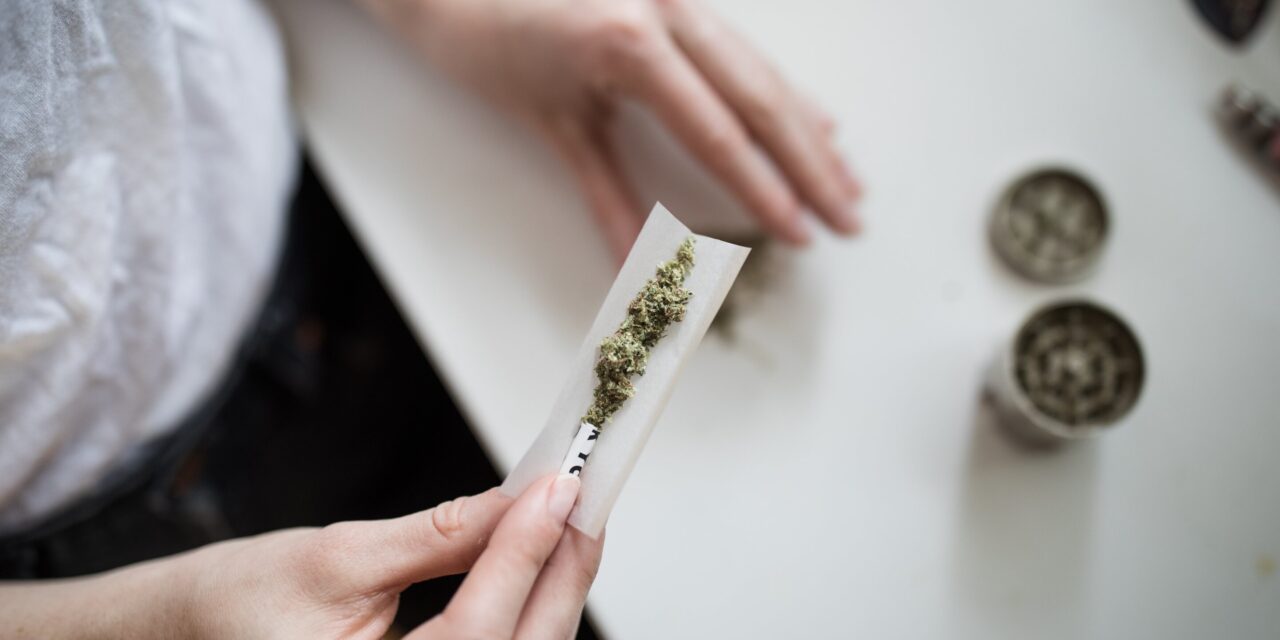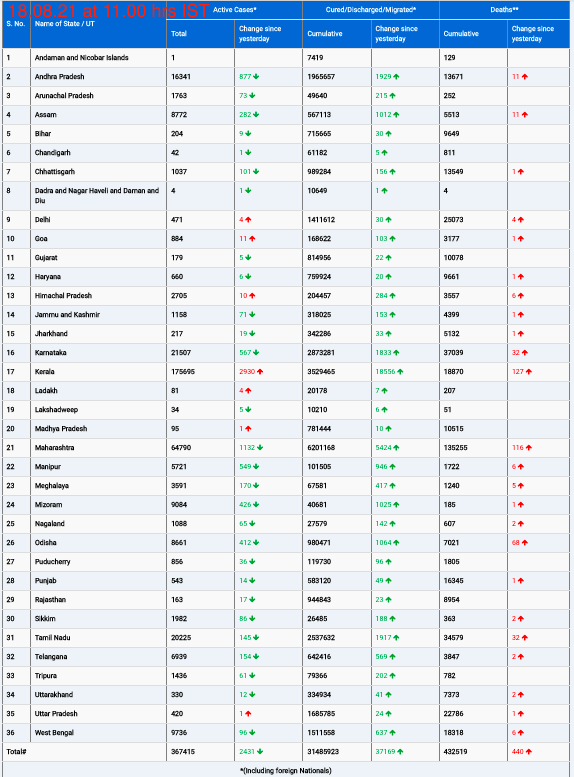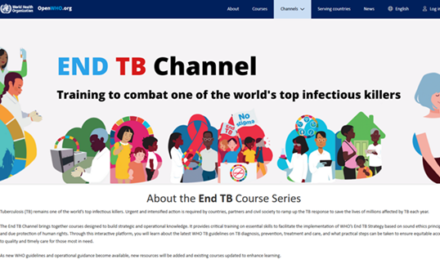A comprehensive study published in JAMA Pediatrics sheds light on the impact of recreational cannabis legalization and retail sales on adolescent substance use, utilizing the latest data available on youth substance consumption trends.
Led by co-principal investigators Rebekah Levine Coley, Summer Sherburne Hawkins, and Christopher F. Baum, the study represents a pioneering effort to evaluate the effects of recreational cannabis legislation and retail availability on youth’s use of cannabis, tobacco, and alcohol.
“Despite concerns regarding the potential impact of recreational cannabis legalization on adolescent substance abuse, our findings suggest limited associations between such legislation and youth substance use,” stated the authors.
Analyzing data from nearly 900,000 high school students across 47 states over a 10-year period (2011-2021), the researchers found modest decreases in cannabis, alcohol, and e-cigarette use associated with recreational cannabis legalization. Furthermore, the study revealed that recreational cannabis retail sales were linked to lower e-cigarette use among adolescents.
“Contrary to some concerns, our study indicates that legalization and greater control over cannabis markets have not led to increased substance use among adolescents,” emphasized the study co-authors.
Since 2012, 24 states and Washington, D.C. have implemented recreational cannabis legislation, with 18 states subsequently introducing recreational cannabis sales. However, the study findings suggest that these policy changes have not significantly influenced adolescent substance use patterns.
The research underscores the importance of continued monitoring of the impact of cannabis policy changes on youth substance use, particularly as legalization efforts continue to expand across the United States. With the majority of Americans living in states where marijuana is legal for either recreational or medical use, and a significant portion residing in counties with cannabis dispensaries, understanding the implications of these policies on adolescent health remains paramount.
The study’s authors, including doctoral candidate Naoka Carey and postdoctoral research associate Claudia Kruzik, highlight the need for ongoing research to inform evidence-based policy decisions and support initiatives aimed at promoting youth health and well-being.
The study contributes valuable insights to the ongoing discourse surrounding cannabis legalization and its potential impact on adolescent substance use, providing a foundation for future research and policy development in this critical area.












